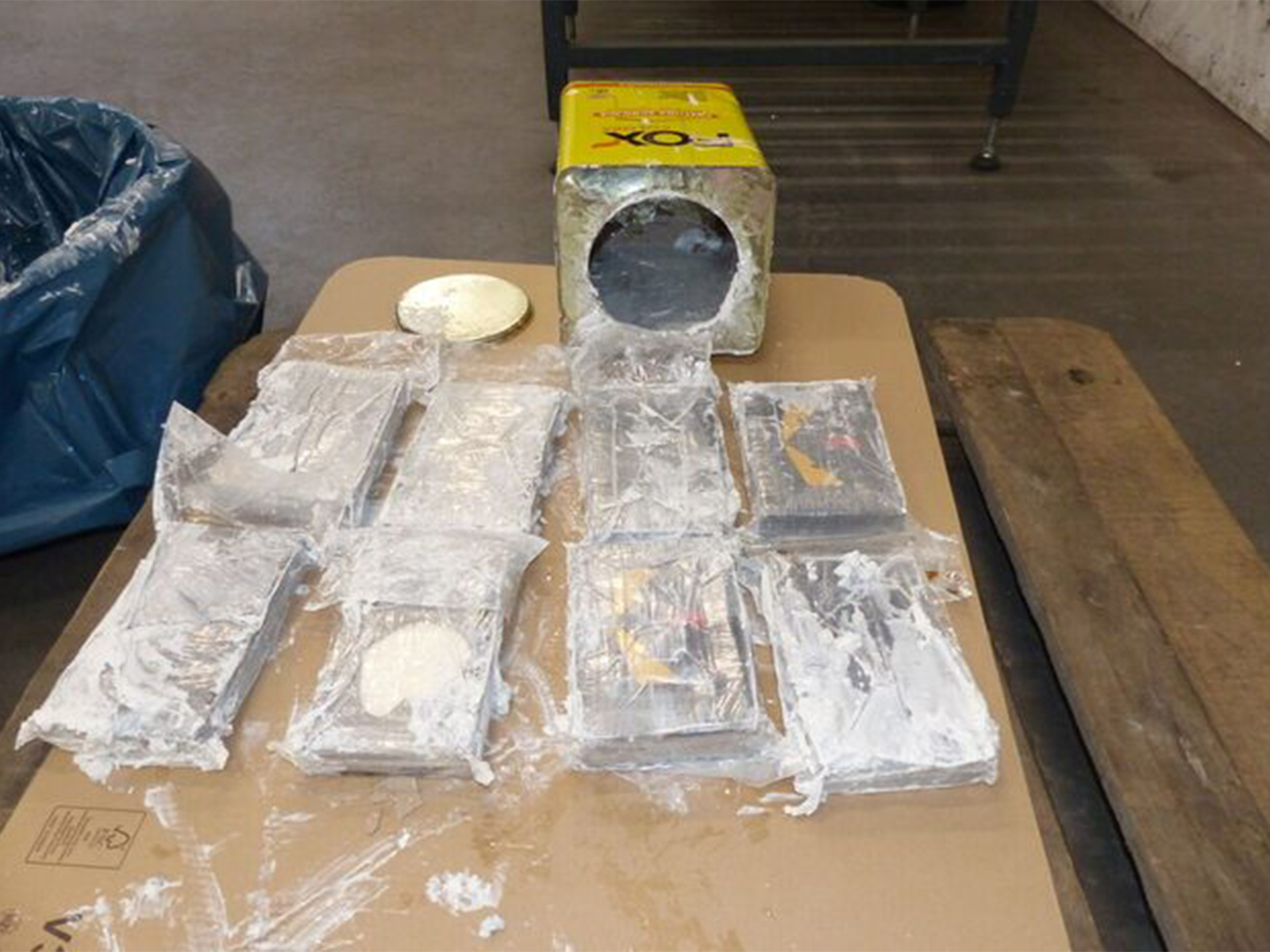Taiwan Blocks Contaminated Crab Imports Amid Food Safety Concerns
Taiwan's Food and Drug Administration (TFDA) halted a 3,915 kg shipment of Chinese mitten crabs due to banned antibiotics. This sparks renewed concerns about the safety of food imports from China. Affected crabs were part of a broader issue of compromised foreign food products flagged during border inspections.

- Country:
- Taiwan
Taiwan's Food and Drug Administration (TFDA) has taken decisive action by intercepting a substantial 3,915-kilogram shipment of Chinese mitten crabs, following laboratory detections of a banned veterinary drug. This interception has once again raised heightened concerns regarding the safety of food imports from China, as reported by Focus Taiwan.
The prohibited substance identified in the mitten crabs was 0.04 parts per million (ppm) of sulfadiazine, an antibiotic not permitted in crustaceans under Taiwan's stringent food safety regulations. During a press briefing, Liu Fang-ming, director of the TFDA's Northern Taiwan Management Center, announced that the entire batch has been mandated for destruction or return to its Chinese exporter. He emphasized that continued exposure to antibiotic residues in seafood can engender antimicrobial resistance, diminishing the potency of key medical treatments.
This consignment was the inaugural failed batch among the three mitten crab imports from China this year. Since 2007, Taiwan has enforced a rigorous 100 percent inspection requirement on Chinese mitten crabs to check for drug residues, dioxins, and polychlorinated biphenyls (PCBs). In the year 2024 alone, 31 batches were scrutinized, with another previously rejected for breaching dioxin limits.
The TFDA's recent border inspections also flagged ten other imported food items, including Japanese melons, Indonesian fish cakes, Chinese radish leaves, and Malaysian lettuce, all failing safety evaluations, as cited by Focus Taiwan. In a related incident, Australian oranges imported by Costco Taiwan tested positive for the banned growth regulator gibberellin A3, compelling authorities to order their destruction or return, and implement increased inspection rates for subsequent orange imports.
Taiwanese regulators have reiterated their steadfast commitment to upholding stringent food safety checks, underscoring the continued high-risk monitoring of Chinese seafood imports to protect consumers from harmful contaminants and illicit substances, as reported by Focus Taiwan.
ALSO READ
-
Taiwan's Defense Strategy: Learning from Israel's Resilient Model
-
Taiwanese Sovereignty Under Spotlight Amid Trump-Xi Talks
-
Taiwan Holds Firm Amid U.S.-China Tensions at APEC Summit
-
Taiwan Assured of U.S. Support Amidst Trump-Xi Meeting
-
UPDATE 1-Ahead of Trump-Xi meeting, Taiwan says ties with US 'very stable'








